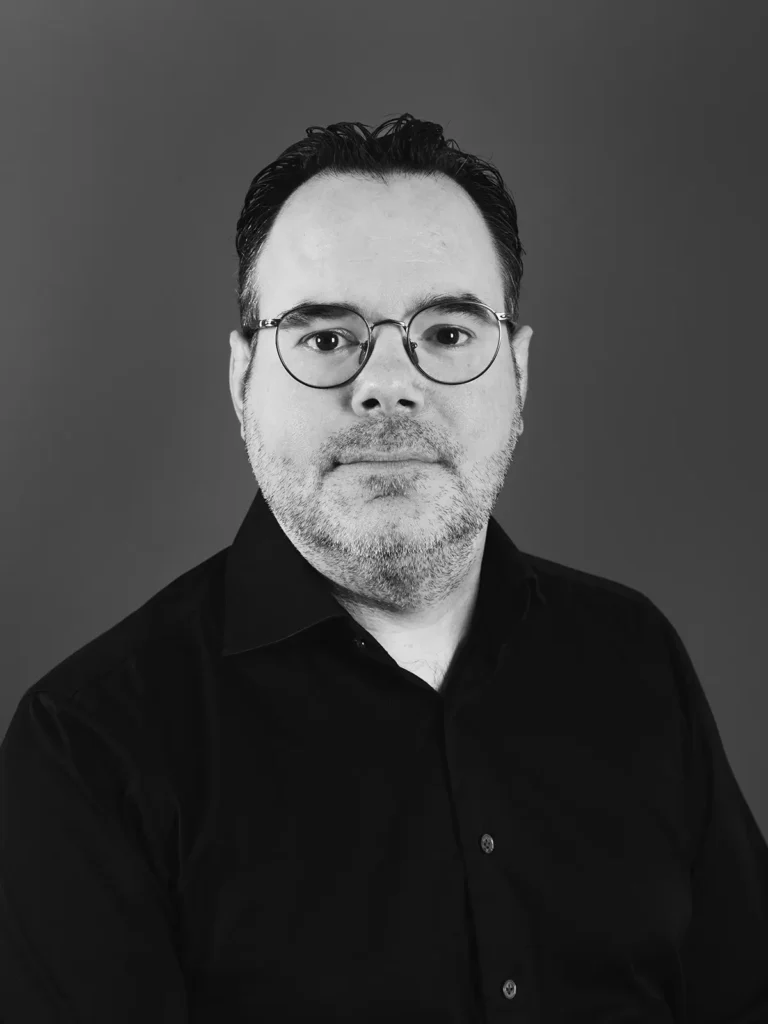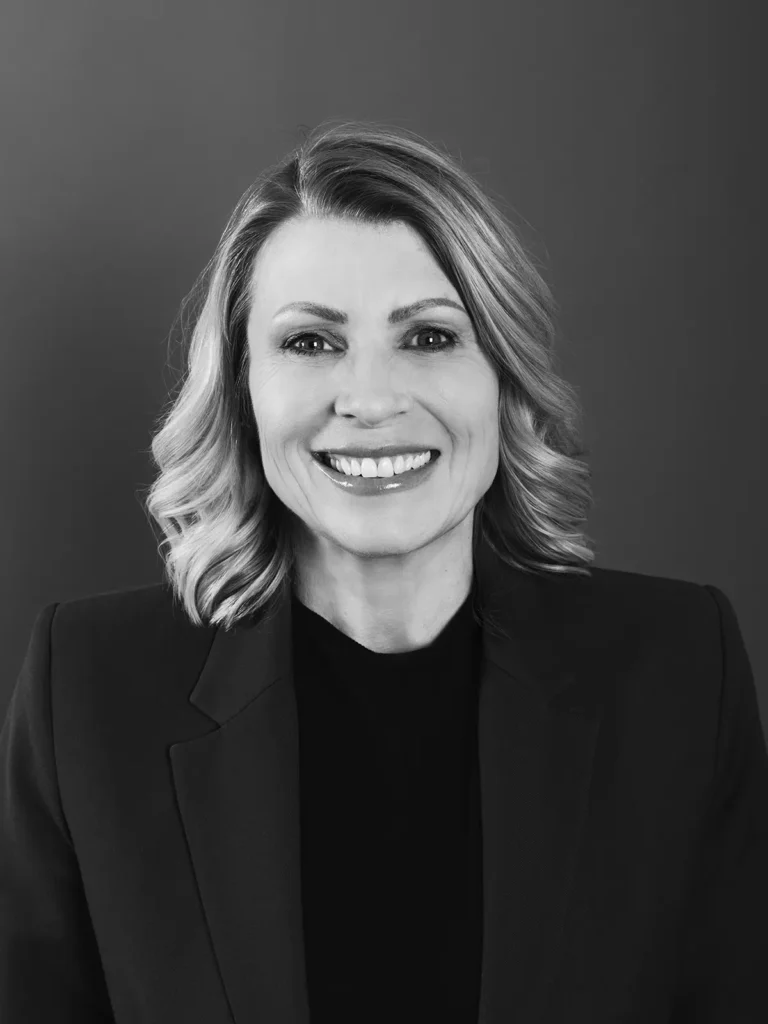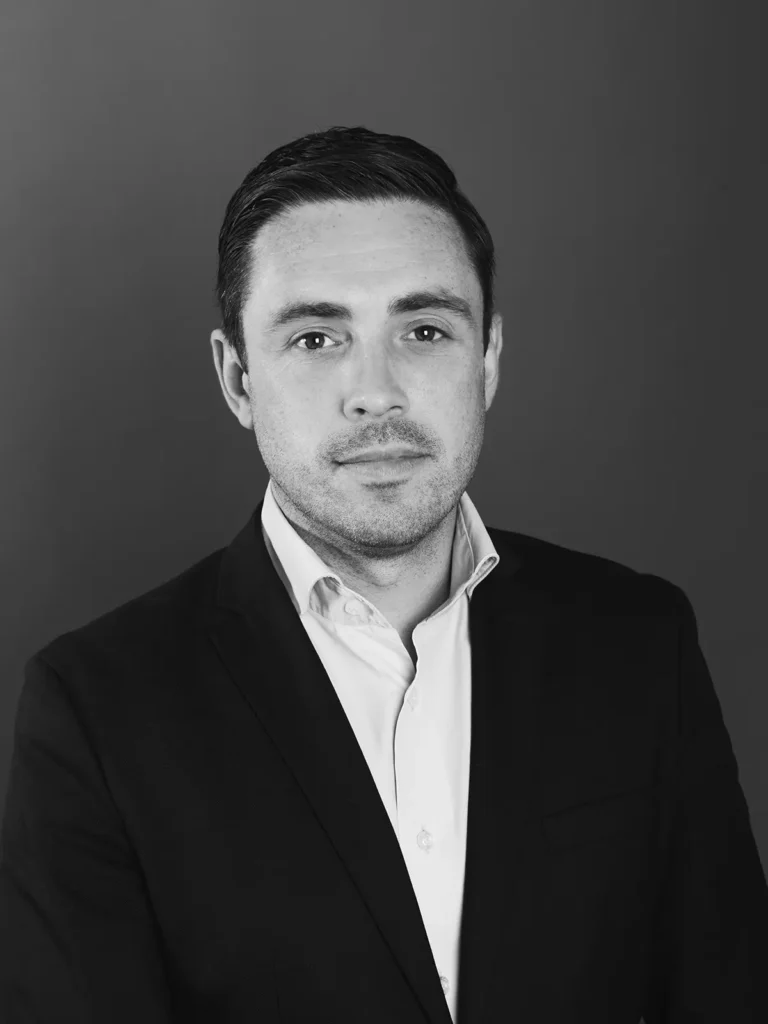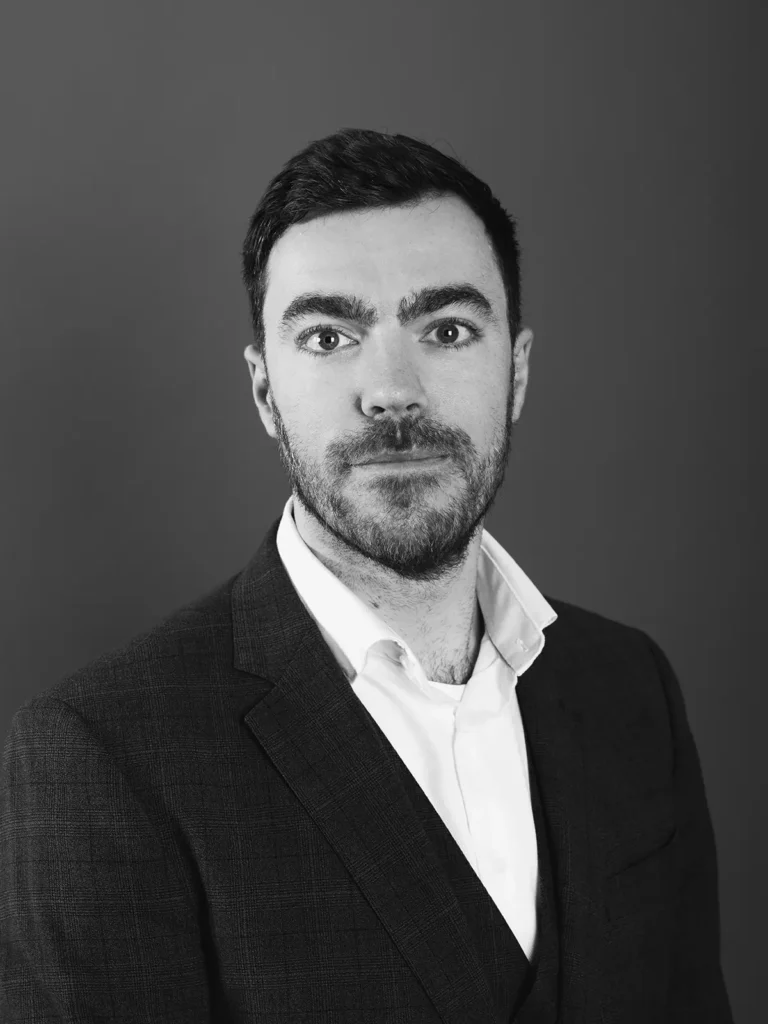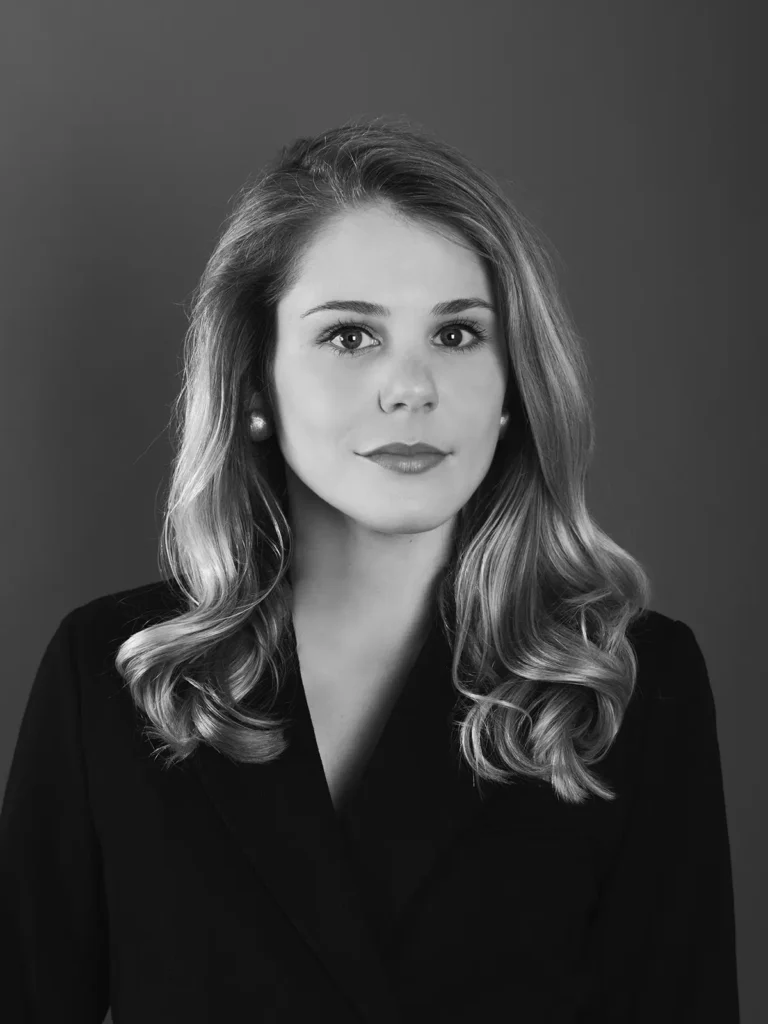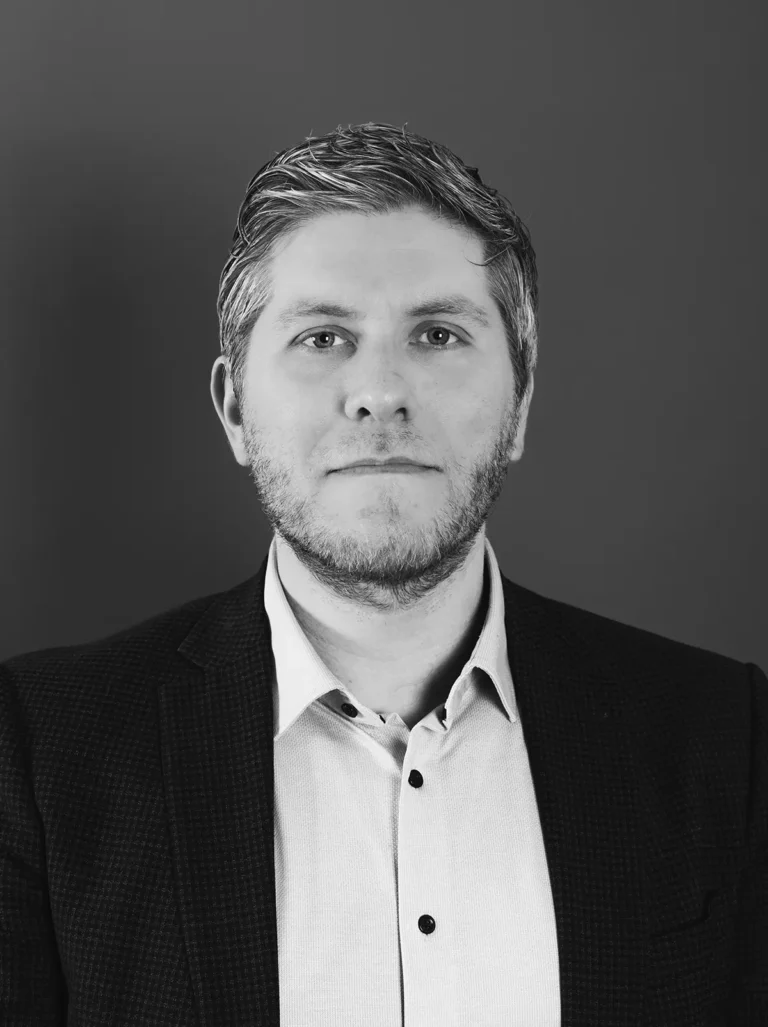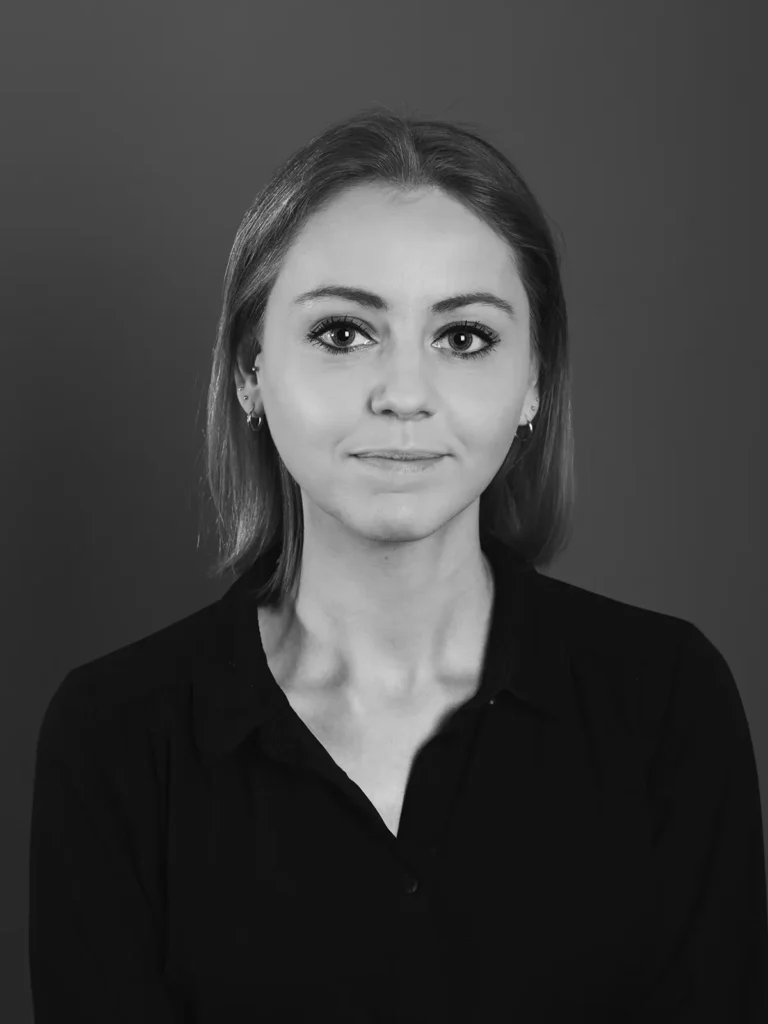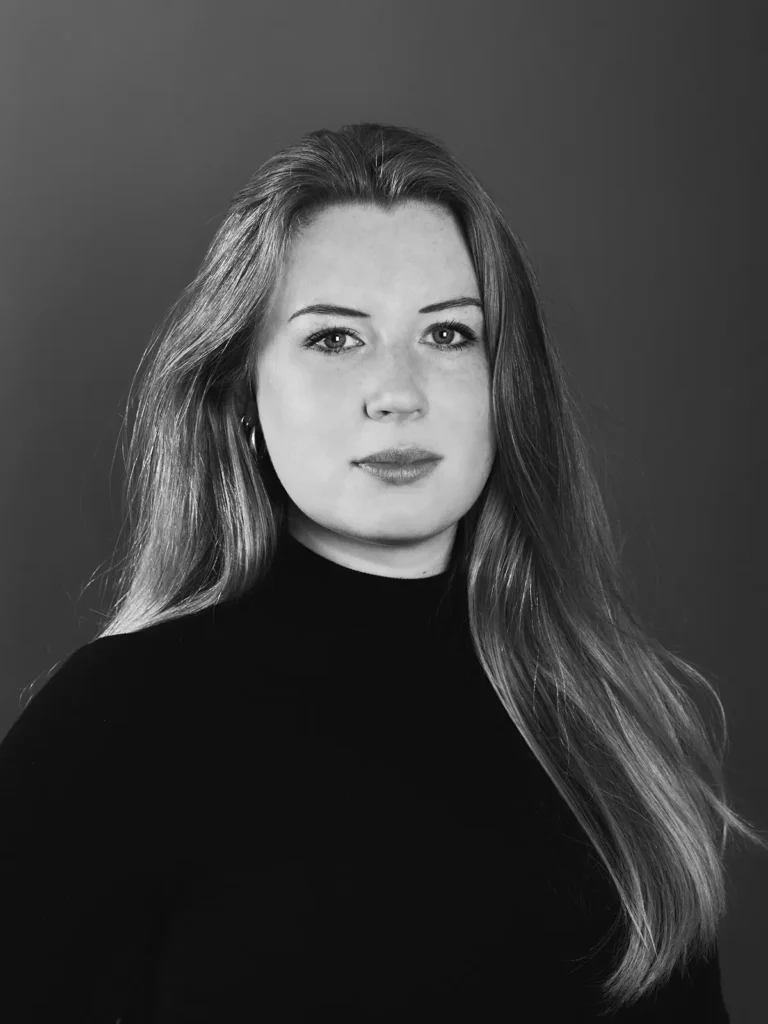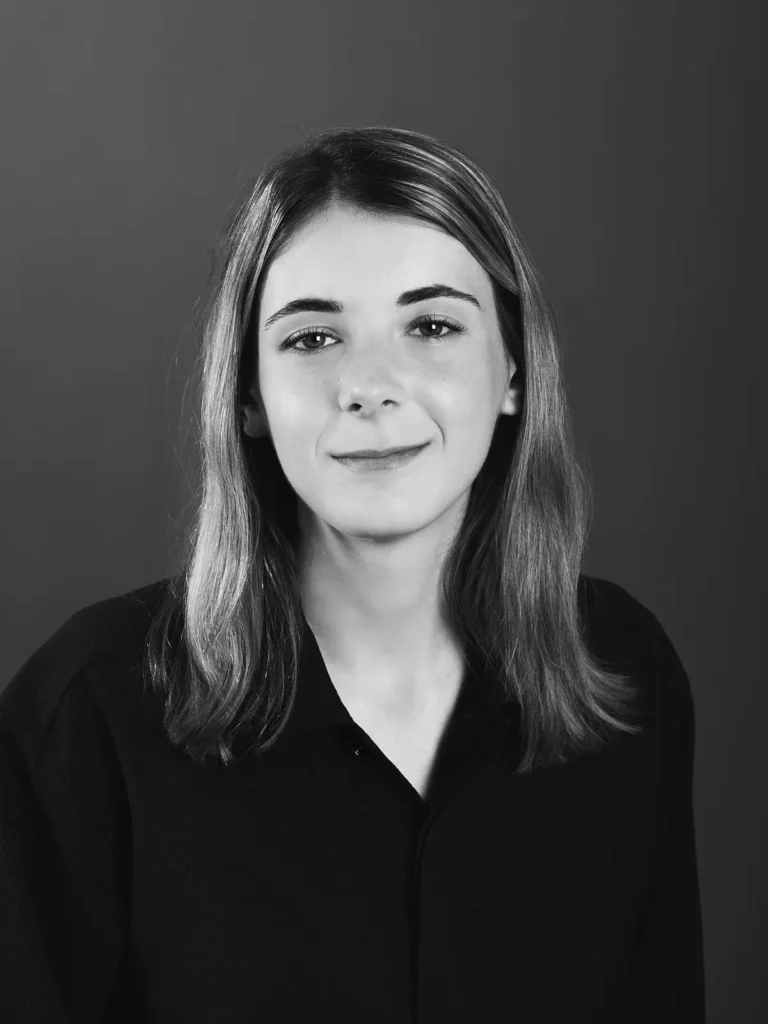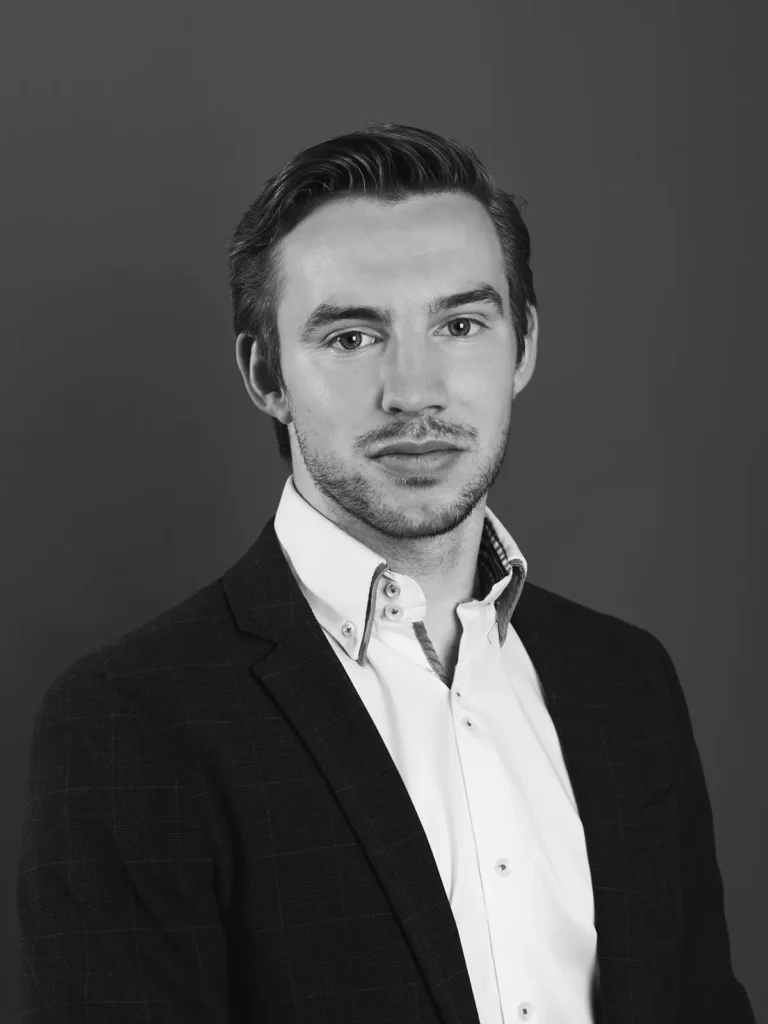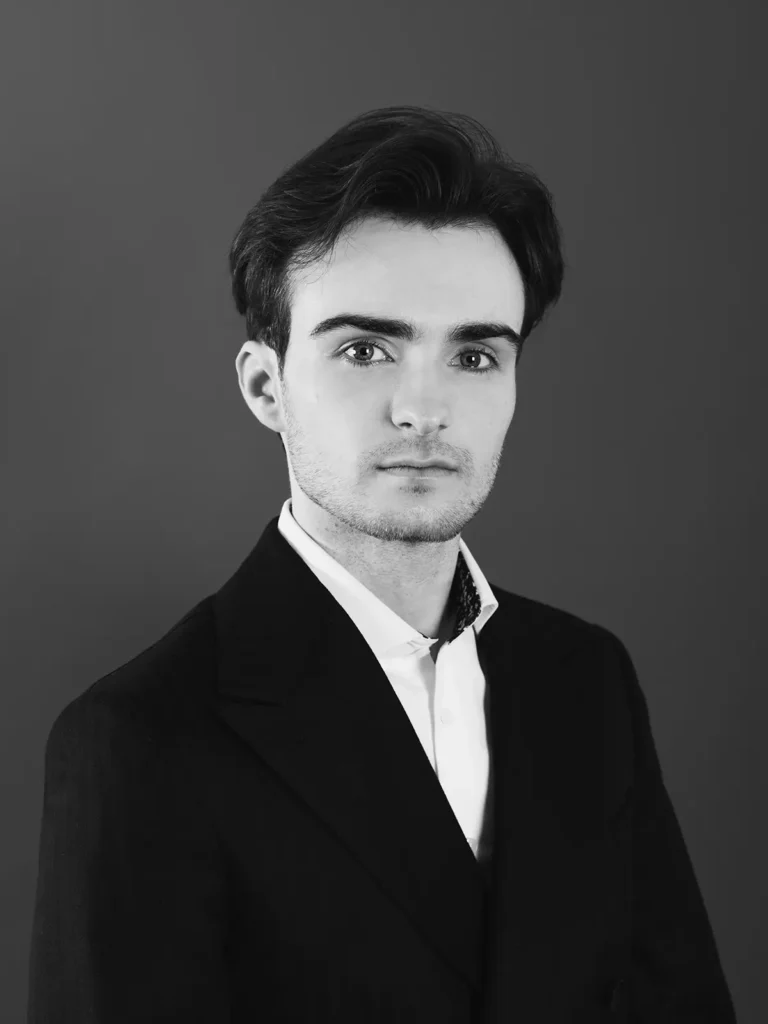Waarom konden zo’n honderd Nederlanders ongestoord naar Syrië reizen om deel te nemen aan de jihad, maar werden Mohammed G, Aykut K. en Kaya K. vlak voor hun vertrek opgepakt? „Alleen deze drie kwamen naar voren in een onderzoek, niet iedereen die de grens oversteekt, belandt direct in een strafdossier”, zegt een woordvoerder van het Landelijke Parket. Door de loslippigheid van Mohammed in chats en telefoongesprekken lijken tot nu toe alleen deze drie mannen door het O
Waarom konden zo’n honderd Nederlanders ongestoord naar Syrië reizen om deel te nemen aan de jihad, maar werden Mohammed G, Aykut K. en Kaya K. vlak voor hun vertrek opgepakt? „Alleen deze drie kwamen naar voren in een onderzoek, niet iedereen die de grens oversteekt, belandt direct in een strafdossier”, zegt een woordvoerder van het Landelijke Parket. Door de loslippigheid van Mohammed in chats en telefoongesprekken lijken tot nu toe alleen deze drie mannen door het OM vervolgd te worden op grond van het relatief nieuwe wetsartikel 134a. Maar het is maar zeer de vraag of het afreizen naar Syrië om daar mee te strijden met het Vrije Syrische Leger op enige wijze strafbaar is in Nederland. Als er sprake is van meevechten met de groepering Jabhat Al Nusra, die vorig jaar door de VS (maar niet door de EU en de VN) op de terreurlijst is geplaatst, kan het wel onder de antiterreurwet vallen. Als de drie mannen voor de rechter komen, zullen ze de eerste zijn die in Nederland vervolgd worden volgens 134a: voorbereidingshandelingen met het oog op het plegen van een terroristisch misdrijf. Het wetsartikel kwam er na de aanslagen op 11 september 2001. Er zijn, zo meldt het Landelijk Parket, al vaker vermeende terroristen opgepakt op basis van die verdenking.
Maar tot een rechtszaak kwam het nog niet. „Toch zien wij dit niet als proefzaak”, meldt de woordvoerder.
Mohammed G. is momenteel de enige van de drie die nog vastzit, de andere twee zijn op borgtocht vrij. „Deze wet wringt voor dit soort zaken”, zegt André Seebregts, advocaat van Kaya K. „Artikel 134a is geschreven voor terroristen die in Nederland aan de slag zijn gegaan. Justitie probeert het nu op te rekken.” Serge Weening, advocaat van Mohammed, ziet ook een hele kluif voor het OM het bewijs te leveren dat zijn cliënt daadwerkelijk van plan was om zich aan te sluiten bij Jabhat al Nusra.
Er komen in het onderzoek geen ronselaars in beeld, geen opvallende financiers van terreur en geen radicale moskeeën waar de drie jihadgangers opgeleid zouden zijn. Ook van contacten tussen de drie Nederlanders en Jabhat al Nusra blijkt niets. De mannen kregen geld toegestuurd van ‘sympathisanten’ . In Kaya K.’s rugzak, die in zijn woning klaarstond, zijn twee afscheidsbrieven gevonden. Mohammeds zus uit Maastricht had van haar broer te horen gekregen dat hij waarschijnlijk nooit zou terugkeren. In woorden was hoofdverdachte Mohammed groot met het dreigen met geweld, maar zou dat uiteindelijk ook gelden voor zijn daden? Zelf claimt hij dat hij last van waanbeelden had. In hun politieverhoren hebben de drie verdachten weinig inzicht gegeven in wat ze daadwerkelijk van plan waren.
Het OM beslist binnenkort of en wie van de drie vervolgd zal worden.
M vervolgd te worden op grond van het relatief nieuwe wetsartikel 134a. Maar het is maar zeer de vraag of het afreizen naar Syrië om daar mee te strijden met het Vrije Syrische Leger op enige wijze strafbaar is in Nederland. Als er sprake is van meevechten met de groepering Jabhat Al Nusra, die vorig jaar door de VS (maar niet door de EU en de VN) op de terreurlijst is geplaatst, kan het wel onder de antiterreurwet vallen. Als de drie mannen voor de rechter komen, zullen ze de eerste zijn die in Nederland vervolgd worden volgens 134a: voorbereidingshandelingen met het oog op het plegen van een terroristisch misdrijf. Het wetsartikel kwam er na de aanslagen op 11 september 2001. Er zijn, zo meldt het Landelijk Parket, al vaker vermeende terroristen opgepakt op basis van die verdenking.
Maar tot een rechtszaak kwam het nog niet. „Toch zien wij dit niet als proefzaak”, meldt de woordvoerder.
Mohammed G. is momenteel de enige van de drie die nog vastzit, de andere twee zijn op borgtocht vrij. „Deze wet wringt voor dit soort zaken”, zegt André Seebregts, advocaat van Kaya K. „Artikel 134a is geschreven voor terroristen die in Nederland aan de slag zijn gegaan. Justitie probeert het nu op te rekken.” Serge Weening, advocaat van Mohammed, ziet ook een hele kluif voor het OM het bewijs te leveren dat zijn cliënt daadwerkelijk van plan was om zich aan te sluiten bij Jabhat al Nusra.
Er komen in het onderzoek geen ronselaars in beeld, geen opvallende financiers van terreur en geen radicale moskeeën waar de drie jihadgangers opgeleid zouden zijn. Ook van contacten tussen de drie Nederlanders en Jabhat al Nusra blijkt niets. De mannen kregen geld toegestuurd van ‘sympathisanten’ . In Kaya K.’s rugzak, die in zijn woning klaarstond, zijn twee afscheidsbrieven gevonden. Mohammeds zus uit Maastricht had van haar broer te horen gekregen dat hij waarschijnlijk nooit zou terugkeren. In woorden was hoofdverdachte Mohammed groot met het dreigen met geweld, maar zou dat uiteindelijk ook gelden voor zijn daden? Zelf claimt hij dat hij last van waanbeelden had. In hun politieverhoren hebben de drie verdachten weinig inzicht gegeven in wat ze daadwerkelijk van plan waren.
Het OM beslist binnenkort of en wie van de drie vervolgd zal worden.

